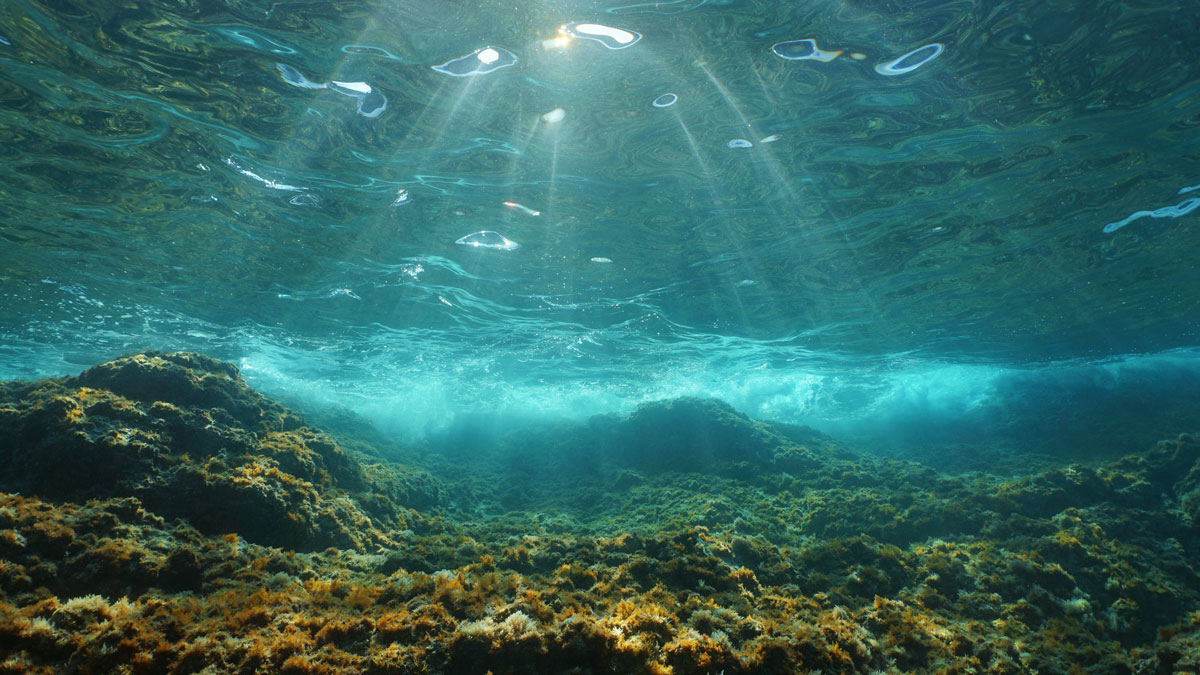Everything You Need to Know About Algae Protein

Sustainable, multifunctional and totally natural, algae is the foundation of our food chain – found in almost every ecosystem on earth. Its nutritional profile includes vitamins, minerals, fat and fibre, not forgetting an abundance of that all-important macronutrient, protein.
Along with other single-source plant-based proteins such as pea, hemp and rice, algae is a whey alternative which can be used for muscle maintenance and recovery.
Nutritional Benefits of Algae Protein
What is a complete protein, you ask? A complete protein is a protein source with a full profile of essential and non-essential amino acids. This is something whey achieves naturally by itself, but is easily replicated when plant-based sources are formulated together. That being said, algae is – in itself – a complete plant-based protein, boasting some level of every amino acid.
In fact, there can be as much as six times the amount of the amino acid arginine than that found in whey protein, and almost the same amount of glutamine.
Algae is also high in omega-3s and essential fatty acids (in some cases more than in oily fish such as salmon), essential for heart health, brain function and reducing inflammation. What’s more, it’s loaded with antioxidants that can protect the body from stress while boosting the immune system. It’s no wonder that ancient cultures such as the Aztecs relied on plant-based foods derived from algae to nourish themselves.
A Sustainable Option
While animal protein sources are cited as a number one cause for environmental disruption and climate change, algae is one of a number of plant sources offering sustainable respite for the planet. Most notably, it does not compete for the land traditionally used in agriculture as it can be grown in environments such as quality-controlled ponds. For this reason, too, it uses a fraction of the water of whey protein, and even other plant-based protein sources.
Algae’s sustainable credentials are not limited to environmental impact though. According to a 2018 European commission report, the algae biomass sector is valued at €1.69 billion, employing 14,000 people in research, development and its supply chain. As algae grows fast and continuously, it can be harvested daily at a rate far greater than other crops. By 2020, the Algae Biomass Organisation projects up to 220,000 jobs created in the algae industry globally.
Algae in Multi-Source Plant-Based Proteins
Where many have questioned single-source plant-based protein’s effectiveness compared to whey, multi-source blends mean you can now harness the benefits of a number of ingredients which match whey’s complete amino acid spectrum, harvested through far more sustainable practices and without compromise to taste.
As we’ve mentioned, algae is a complete protein particularly rich in arginine and glutamine, but its shortcomings are made up for with the high lysine content in pea protein, leucine from rice, and so on. This cocktail of protein sources not only equates to a supremely strong source of muscle fuel, but one that eases digestion and offers myriad health benefits at the same time.


















